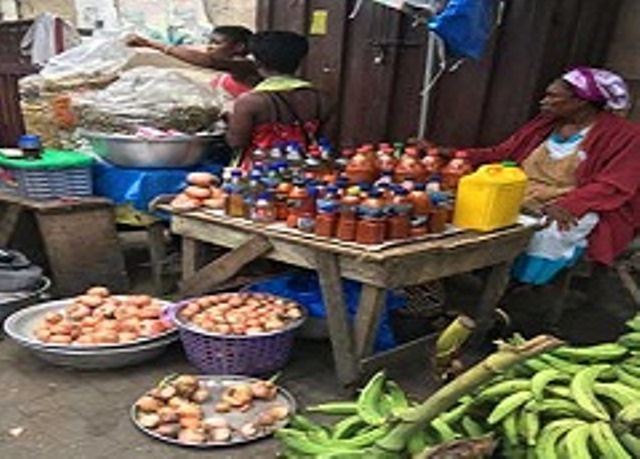Prior to starting the MEALS4NCDs project, some members of the project team were involved in other food environment, obesity and noncommunicable diseases (NCD)-related projects. A few of these ‘sister’ projects are summarised below:

TACLED project: Dietary Transitions in African Cities: leveraging evidence for interventions and policy to prevent diet-related non-communicable diseases (NCDs)
The TACLED project investigated the changing food and nutrition environment in the context of rapid urbanisation in Africa. Its main objective was to explore factors associated with dietary patterns (what people eat) and practices (how, where, when and with whom they eat), within two African cities (Accra, Ghana and Nairobi, Kenya). The project employed a combination of novel data collection techniques (including using existing scientific evidence and engaging the local people and stakeholders) to gather information about the people’s eating patterns and practices, and the factors associated with them, and to develop context-appropriate guidelines and policies for creating healthier food environments in the two cities.
More information about the TACLED project is available on the project website.

Drivers of Food Choice (DFC) Dietary Transitions in Ghanaian Cities: mapping the factors in the social and physical food environments that drive consumption of energy dense nutrient-poor foods and beverages, to identify interventions targeting women and adolescent girls throughout the reproductive life course
The DFC Dietary Transitions in Ghanaian cities project examined the factors in social and physical food environments of two Ghanaian cities (Ho and Accra) associated with consumption of energy dense nutrient-poor (EDNP) foods and beverages over the reproductive life course. It also employed a number of methods, including those based on the INFORMAS (International Networkfor Food and Obesity/NCDs Research, Monitoring and Action Support) Healthy Food Environment Policy Index (Food-EPI) and the Community Readiness Model, to leverage evidence for context-specific gender interventions and policies to promote healthy food consumption among women and adolescent girls in Ghana.
Read more about the DFC Dietary Transitions in Ghanaian cities project on the project website.

